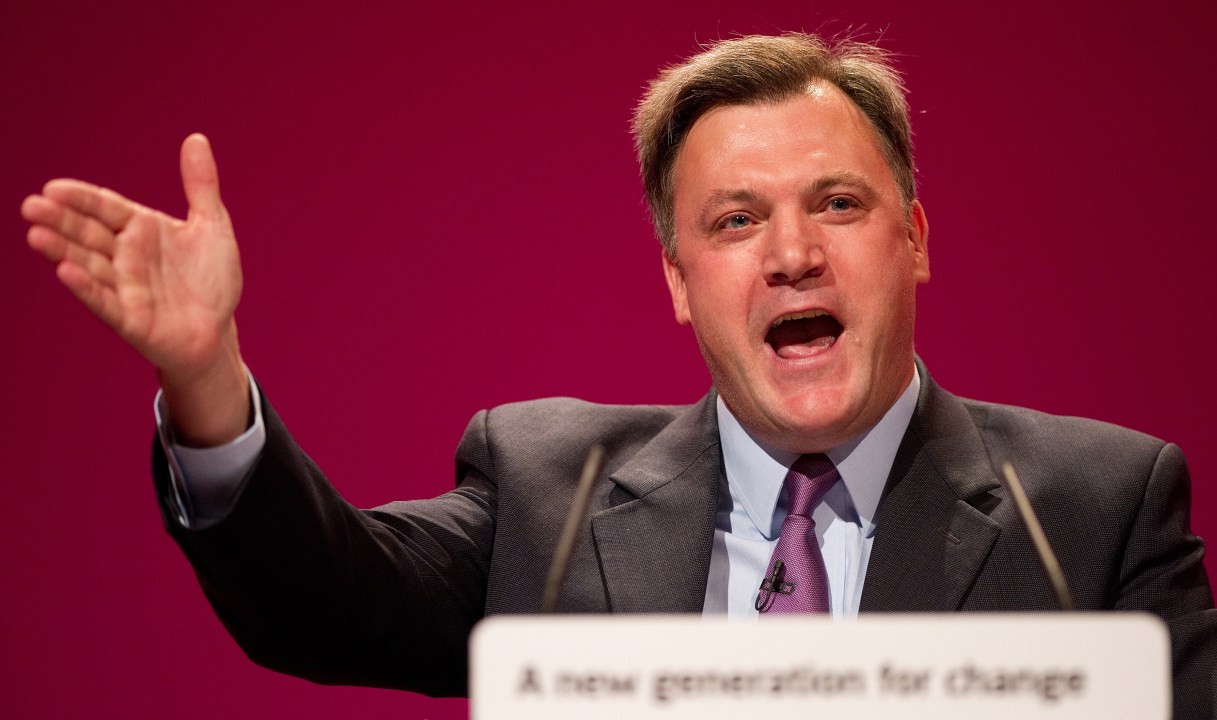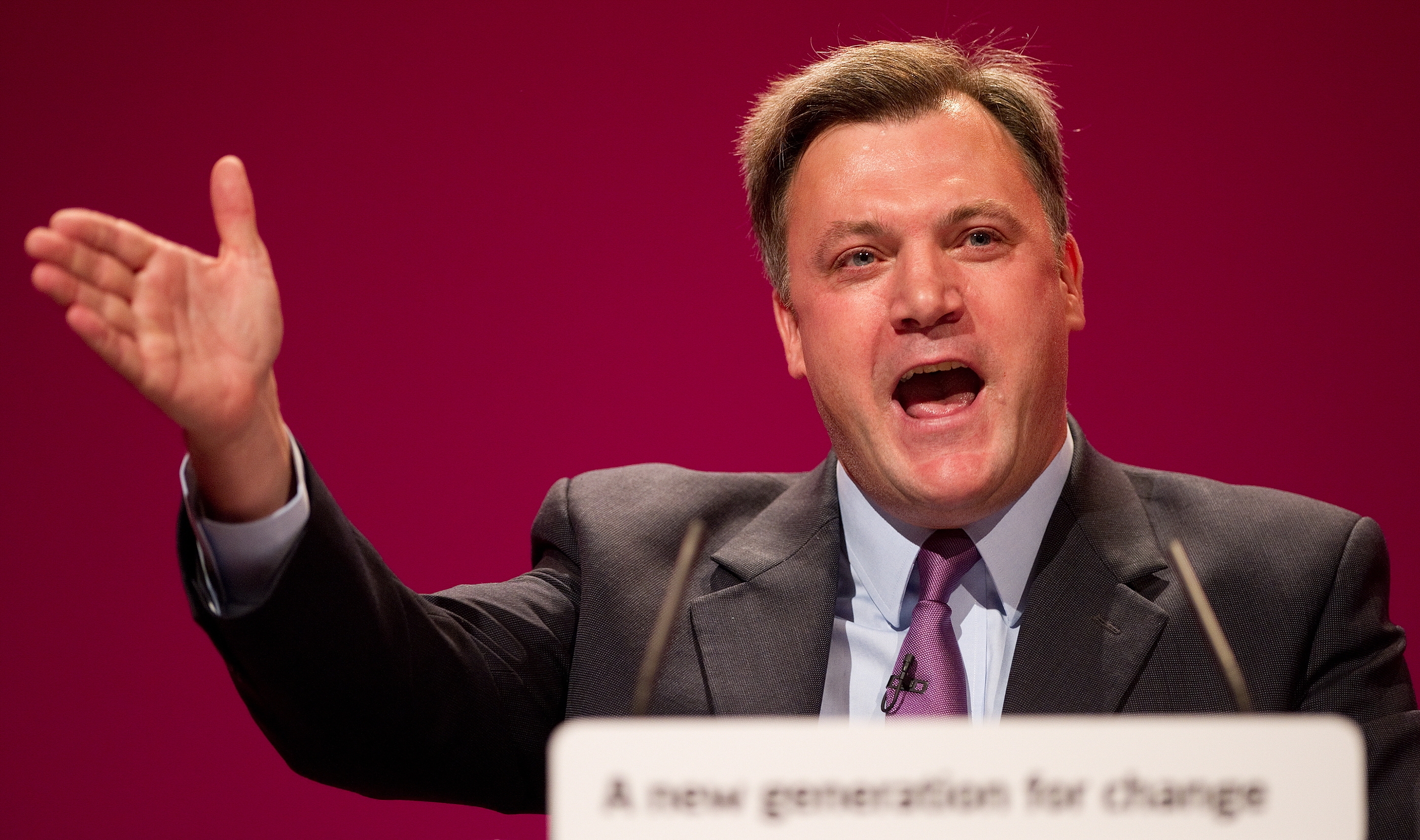After all the commotion about various policies in last month’s Budget, the focus this morning has shifted to measures announced back in 2010. Why? Because they take effect tomorrow. So Ed Balls is taking the opportunity to hit the government hard on what he calls its ‘tax credit bombshell’ for those on middle and low incomes.
Labour are pointing to figures from the IFS, which show that changes to child and working tax credits will outweigh the rise in the £630 personal allowance. In their Budget briefing a fortnight ago, the IFS calculated that the net effect of all the changes coming into force tomorrow would be an average loss of £511 for households with children. Households with no children will also lose out, but to a lesser extent, with an average £156 loss. Interestingly, despite the keen focus on pensioners’ income in the last couple of weeks, you won’t see much mention this morning of the fact that they will actually be £119 better off as a result of tomorrow’s changes.
The government’s response is to emphasise the personal allowance increase, with Danny Alexander pointing out that it takes a further 250,000 people out of income tax altogether and that, as of tomorrow, ‘someone earning minimum wage can work 25 hrs a week without paying income tax’. They’re also claiming that the winners outnumber the losers, with economic secretary
Chloe Smith saying:
There are a couple of warnings for George Osborne in this morning’s debate. Of course, a 1.3 per cent reduction in income won’t exactly be welcomed by families who’ve already seen prices rise by 3.4 per cent in the last year. But there’s also a reminder that the effects of Budget measures don’t just fuel the news agenda for the week or so after their announced. They make a return to the front pages when they actually come into force. In particular, the government won’t exactly be relishing the prospect of a rerun of those ‘granny tax’ headlines when the freeze in the age-related allowances comes in next year.‘The need to tackle the huge deficit means we have had to take tough decisions, such as on tax credits. But we’ve taken those decisions in the fairest way possible, meaning more than 15 times as many people gain rather than lose from this week’s changes.’







Comments